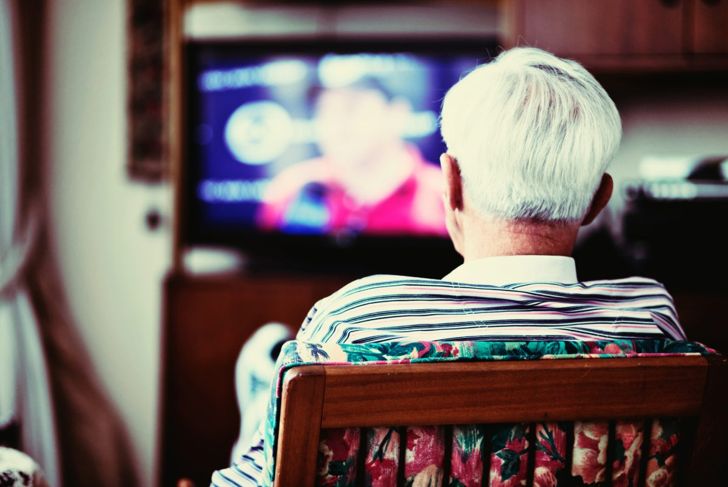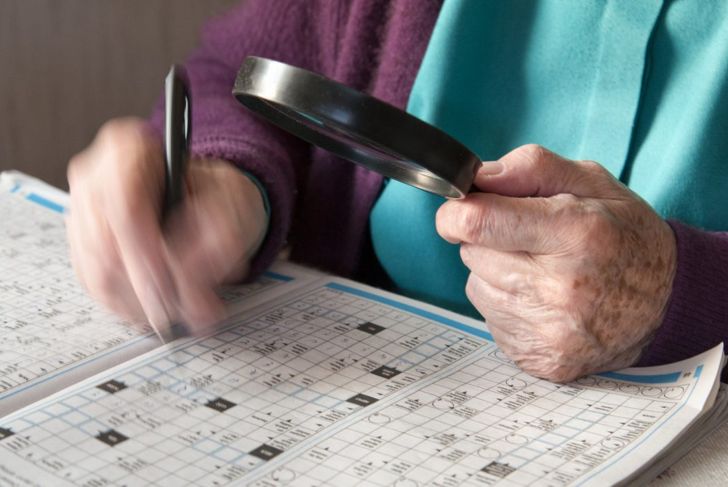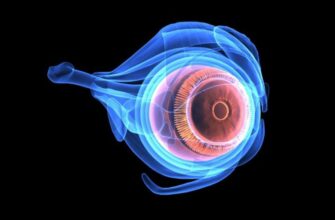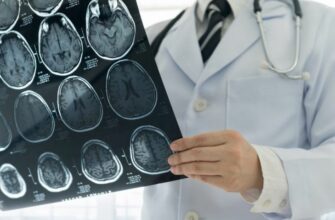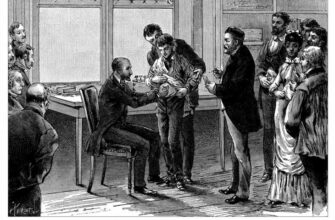Short-term memory is how your brain stores all of the information it has just received — everything from why you walked into a room to the name of someone you just met. Short-term memory loss involves forgetting recently learned things. Scientists often divide short-term memory into short-term and working memory, but most people do not make this distinction.
How Does Memory Work?
Humans first process things using sensory memory. The brain holds sensory memories for less than a second before transferring them to short-term memory. Short-term memories are stored for between 20 and 30 seconds, which is why forgetting where you put your keys might cause concern about short-term memory loss. Finally, the brain stores some past events and patterns as long-term memories, which are also known as semantic or episodic memories.
Symptoms
The symptoms of short-term memory loss are variable, depending on the cause. They include asking the same questions repeatedly, forgetting recent events, and being unable to recall something that was just seen, heard, or read. People with short-term memory loss have difficulty carrying on a conversation, repeating themselves or asking questions that have already been answered.
What Is Normal?
Worrying about short-term memory loss is common as people get older. Things like taking longer to learn new things, forgetting why you walked into a room, or not rememberingto pay a bill until it is a few days late are all normal signs of aging. They are considered mild forgetfulness and not short-term memory loss.
What Is Not Normal?
Short-term memory loss is concerning when it interferes with everyday life. Examples of concerning behavior include getting lost in familiar places, repeating the same question over and over, being unable to remember instructions, or being confused about time. In this case, activities like driving, cooking, shopping, and reliably taking prescribed medication are difficult.
Mild Cognitive Impairment
Mild cognitive impairment is a type of short-term memory loss that is a little more serious, though people with this condition are still able to care for themselves. Signs include having a hard time coming up with the right words, losing a train of thought, exhibiting poor judgment, misplacing things, and forgetting about milestone events or important appointments. In some cases, mild cognitive impairment progresses to Alzheimer’s disease, though this is not always the case.
Medical Conditions
Short-term memory loss can be a natural consequence of aging, but other things can cause it, too, including alcohol, head injury, some health conditions, and certain medications. Not eating enough of the right foods or getting enough vitamins and minerals can affect memory, too. More serious causes are tumors, blood clots, infections, and thyroid, liver, or kidney disorders.
Emotional Causes
Stress, anxiety, and depression affect short-term memory and are often confused with dementia in the older population. Experiences like coping with the loss of a spouse or friend, or retirement, can lead to significant mental and emotional stress that can leave some people feeling confused. In this case, short-term memory loss usually resolves when the emotional issues subside.
Diagnosis
Short-term memory loss should be evaluated by a physician if it progresses or begins to interfere with daily life. The doctor will do a physical exam and get a full medical history, including the type of memory loss, how long it has been happening, and whether anything triggered it. Diagnostic testing may include CTs or MRIs of the head, EEG to monitor electrical activity in the brain, and blood tests to evaluate for vitamin deficiencies.
Improving Short-Term Memory
There are ways to improve short-term memory. Cognitive training focuses on rehearsal and repetition to facilitate memory processing. Short-term memory can also be improved with rhymes, memory games, and forming associations between words, objects, and pictures. Some researchers believe that mediative techniques like tai chi may also improve memory, but more research is needed to confirm this.
Medication
Medications are often prescribed for short-term memory loss, but most drugs do not slow-down or prevent mild cognitive impairment. If the decline continues and the doctor suspects a condition like Parkinson’s or Alzheimer’s, the appropriate medication can minimize the adverse effects.

 Home
Home Health
Health Diet & Nutrition
Diet & Nutrition Living Well
Living Well More
More



